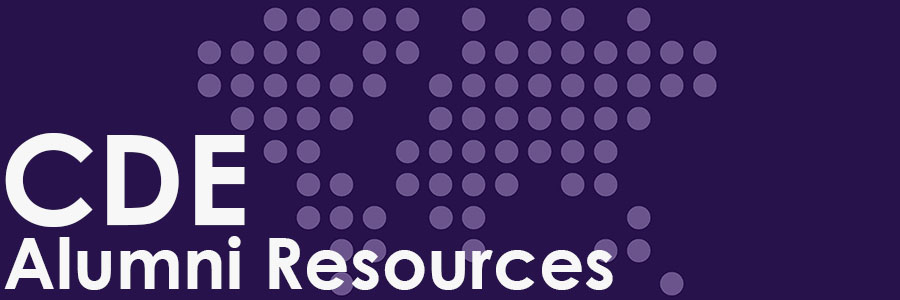Archive for January 2020
News Article: “A Ticket for Corruption”
This clever study by Raymond Fisman and Edward Miguel explored how “culture” affected whether or not diplomats from other countries obeyed parking rules in Manhattan.
Read MoreArticle: “Corruption, Norms and Legal Enforcement: Evidence from Diplomatic Parking Tickets”
This clever study by Raymond Fisman and Edward Miguel explored how “culture” affected whether or not diplomats from other countries obeyed parking rules in Manhattan.
Read MoreExecutive Summary: “Poverty and Witch Killing”
This executive summary provides a synopsis of an article in which Edward Miguel analyzed the relationship between witch killings and extreme weather among the poor in Tanzania.
Read MoreArticle: “Poverty and Witch Killing”
In this study, Edward Miguel analyzes the relationship between witch killings and extreme weather that particularly affects the livelihoods of the poor in Tanzania. What he finds suggests that witch killings might be related to the desperation people feel when things go wrong.
Read MoreOnline Course: Development Economics
This course in Development Economics from Marginal Revolution surveys most of the major topics in development, including the following: Geography and Development; Food and Agricultural Productivity; Water Economics; Economic Growth; Bottlenecks, Linkages and Intermediate Goods; Productivity of Firms; Trade; Property Rights; Corruption; Foreign Aid; Finance, Growth, and the Poor; Poverty and Behavior; Health; Education; Politics, Democracy, and War; Migration; and Population and Environment.
You can take the whole course, or just watch the lectures that interest you.
Read MoreBook: Entrepreneurial Economics: Bright Ideas for the Dismal Science
This book by Alex Tabarrok of the quirky and insightful blog Marginal Revolution brings together some of the great insights of economics research of the recent decades, from governments buying out patents and putting them in the public domain to how to think about the market for organ donation.
Read MoreExecutive Summary: “Women as Policy Makers: Evidence from a Randomized Policy Experiment in India”
This executive summary on JPAL describes an article exploring the effect of a change in gender quotas for village leadership in India.
Read MoreExecutive Summary: “Nudging Farmers to Use Fertilizer: Experimental Evidence from Kenya”
This executive summary on JPAL describes an experiment in which farmers in Kenya were provided with “nudges” to make purchases of fertilizer rather than putting it off suggests that small policy changes to the incentives people face can have outsized impacts.
Read MoreExecutive Summary: “Measuring the Impact of Microfinance in Hyderabad, India”
This executive summary from JPAL provides a synopsis of the microcredit intervention that finds mediocre effects of microcredit, perhaps because loosening credit constraints doesn’t help much if not everyone is cut out to be an entrepreneur.
Read MoreBlog: “The Nobel Prize in Economic Science Goes to Banerjee, Duflo, and Kremer”
Shortly after the announcement of the 2019 Nobel Prizewinners, Alex Tabarrok took to his blog to present a list of his favorite findings and methods by the winners, Abhijit Banerjee, Esther Duflo, and Michael Kremer.
Read More






